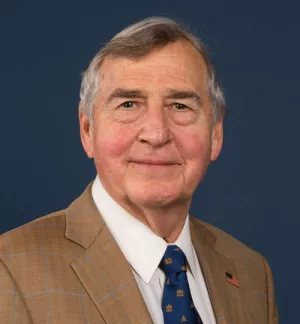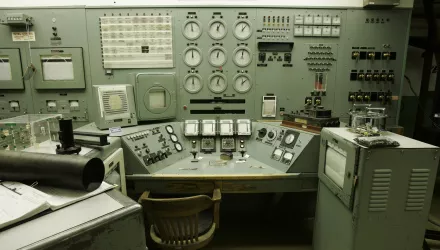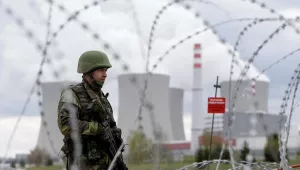Who is the No. 1 producer of energy in the world today? Russia. Measured in barrels of oil equivalent, Russia produces over 20 million barrels of oil and gas a day. The United States ranks second, and Saudi Arabia third with 11 million.
Who is the No. 1 exporter of energy in the world today? Again, Russia. While Saudi Arabian oil production exceeds Russia by 1.5 million barrels a day, Russia's natural gas exports dwarf those of Saudi Arabia.
Who is the No. 1 consumer of energy in the world today? The United States. The United States consumes approximately one quarter of all the energy produced from all sources in the world (and accounts for about 25 percent of global GNP). No. 2 is Europe, burning 17 percent of the world's energy.
So it is no accident, as the Russians say, that President Vladimir Putin chose "energy security" as the banner for the G-8 in St. Petersburg this week. No issue so vividly highlights Russia's strength and underscores the other members' weakness.
The G-8 communiqué will disguise differences among the parties, calling for increases in supply, conservation, respect for free-market principles, and affordable prices. The brute fact, however, is that what divides energy producers from energy consumers is more significant than what unites them.
When consumers talk about energy security, they mean assured supply, free from interruption, at low prices. They urge Russia and Saudi Arabia to invest in rapid expansion of production in the hope that this will trigger significant declines in prices. They seek to bring Russia's pipeline network under international rules that will prevent any use of oil and gas supplies as a political weapon.
For producers, energy security means principally security of demand. From their perspective, high prices equal more income and more valuable reserves. They worry about overinvestment in new capacity that could cause sharp price declines as occurred in the 1990s. Russia wants to be known as a reliable supplier - indeed, the most reliable supplier - in order to discourage consumers from pursuing alternatives. But to the extent that it can create dependencies in ways that provide potential political leverage, this is not an unintended byproduct.
The best hope for useable results in St. Petersburg lies in the nuclear arena. Here the central truth is that for peaceful nuclear energy to prosper, dangerous atoms must be effectively secured.
Building on the foundation laid by George W. Bush and Putin, this summit should announce a U.S.-Russian civil nuclear agreement - a new global "gold standard" to which all nuclear weapons and materials will be secured; a supply of guaranteed fuel at bargain prices for nations that forgo national enrichment of uranium, and a principle of nuclear accountability by which each state will be held to account for all nuclear weapons and materials it produces.
Graham Allison, director of the Belfer Center for Science and International Affairs at Harvard's Kennedy School of Government, is the author of "Nuclear Terrorism: The Ultimate Preventable Catastrophe.”
Allison, Graham. “For Energy Security, Think Nuclear.” International Herald Tribune, July 14, 2006




